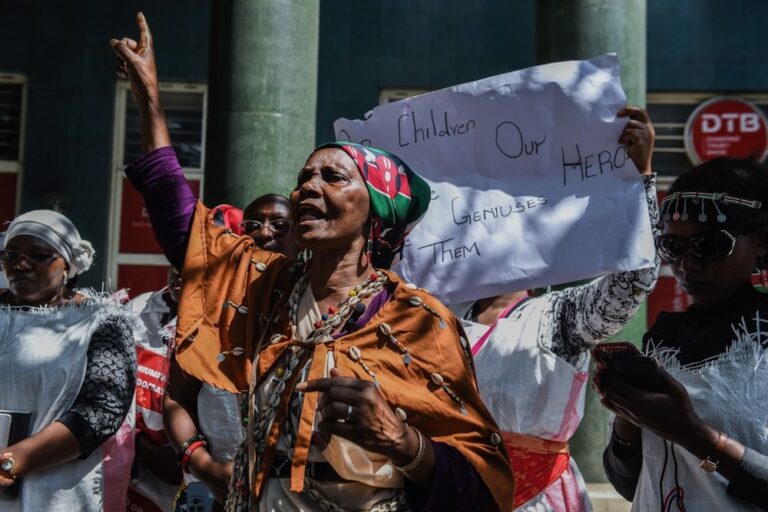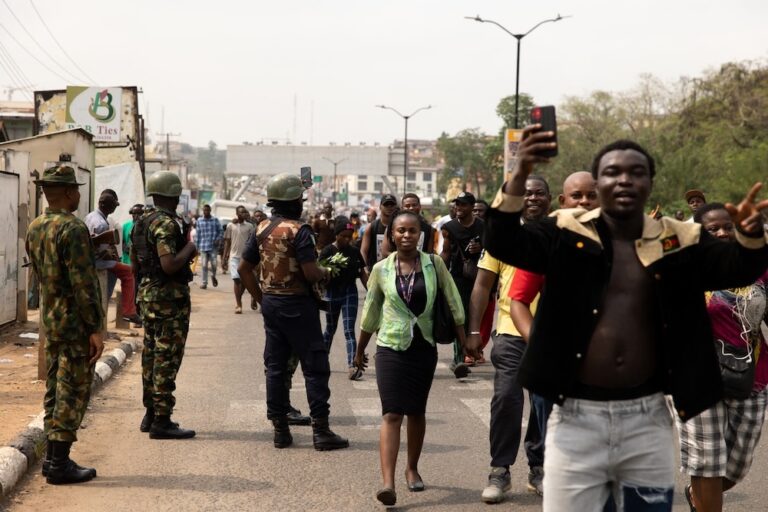OBSCENITY LAWS AND FREEDOM OF EXPRESSION – new report on Southern Africa includes policy revision guidelines The increasing availability of sexually explicit material, and recent court decisions which restrict freedom of expression under laws governing obscenity have sparked fierce debate across southern Africa. ARTICLE 19’s report, released today, seeks to transcend the emotional and subjective […]
OBSCENITY LAWS AND FREEDOM OF EXPRESSION – new report on Southern Africa includes policy revision guidelines
The increasing availability of sexually explicit material, and recent court decisions which restrict freedom of expression under laws governing obscenity have sparked fierce debate across southern Africa. ARTICLE 19’s report, released today, seeks to transcend the emotional and subjective arguments which often surround this debate by providing a clear analysis of the complex issues involved, based on international human rights standards.
Andrew Puddephatt Executive Director of ARTICLE 19 said:
“Protecting society against harm that may flow from pornography and other obscene materials must be balanced with ensuring respect for freedom of expression and preserving the free flow of information and ideas.”
Many existing laws relating to obscenity in Southern Africa are outdated and inconsistent with constitutional and international guarantees of freedom of expression. For example, the use in Malawian legislation of such terms as “offensive or harmful to public morals” is unacceptably vague and subjective. Nebulous terminology such as this allows governments excessive scope to limit freedom of expression in the name of public protection. Particularly sensitive issues include homosexuality and pornography. ARTICLE 19 recommends that countries in the region now follow the examples set by Namibia and South Africa and reform their laws on obscenity.
Although ARTICLE 19’s report examines specific obscenity laws in Lesotho, Malawi and Zambia measured against constitutional, regional and international guarantees of freedom of expression, the conclusions are applicable worldwide: most jurisdictions in Southern Africa and a number of other Commonwealth countries have similar outdated laws. One example is the UK, where ARTICLE 19 is calling for the reform of obscenity law.
View the report, ‘Obscenity Laws and Freedom of Expression, a Southern African Perspective’ on the Media Law and Practice section in Africa publications on www.article19.org


